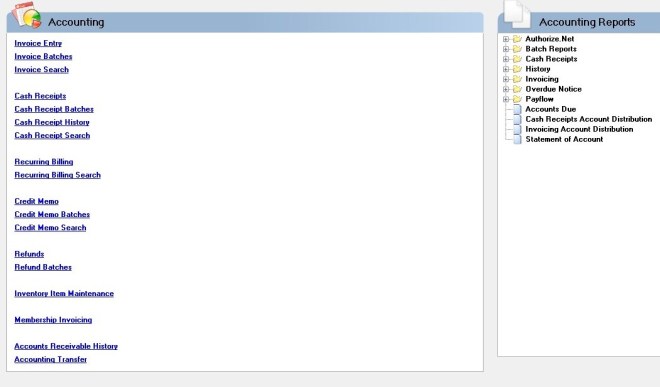 One of my early lessons at my first law firm job involved billing. I misspelled a client’s name in one of my time entries, and I was called into the partner’s office. He patiently – though firmly – let me know that the bill is often the attorney-client communication that draws the greatest amount of attention and review from a client. While there is a natural inclination on the part of an attorney to see the bill as a mere afterthought, being little more than a nuisance following the real work of legal analysis and representation, the client tends to invert that hierarchy of importance. The bill is the starting point, the explanation of what the attorney has provided, and much more understandable and urgent than that memo from last month on federal jurisdiction or the assignment-of-income doctrine.
One of my early lessons at my first law firm job involved billing. I misspelled a client’s name in one of my time entries, and I was called into the partner’s office. He patiently – though firmly – let me know that the bill is often the attorney-client communication that draws the greatest amount of attention and review from a client. While there is a natural inclination on the part of an attorney to see the bill as a mere afterthought, being little more than a nuisance following the real work of legal analysis and representation, the client tends to invert that hierarchy of importance. The bill is the starting point, the explanation of what the attorney has provided, and much more understandable and urgent than that memo from last month on federal jurisdiction or the assignment-of-income doctrine.
I got religion on this issue. Bills matter. Over and over, in my practice, the highest level of client scrutiny has gone to bills rather substantive legal work – as absurd as that might seem to an attorney who lavishes effort and concentration on lawyerly services and sends bills in a stack each month after a quick proofread. In bills, describe your work carefully yet succinctly, be consistent, and follow through on promises you made to the client when you were initially hired.
Beyond their significance to customer satisfaction, bills create a written communication between client and attorney. Consider whether your bills might be discoverable. Are these writings intended as confidential communications so as to be protected under the attorney-client privilege? Could they be work product prepared in anticipation or the conduct of litigation? If you are asked by a client’s adversary to produce bills you have sent, review the bills carefully and either redact sensitive information or simply refuse to produce some or all of your bills, citing evidentiary privilege.
Some lawyers have found that summary bills, providing the hours spent but omitting detail of the issues researched and the e-mails sent, will work. Such a practice can maintain client happiness, provide sufficient explanation of the work done, and relieve some of the burden of daily time descriptions. Receptiveness to this approach, however, will probably vary from client to client. Regardless of your billing system, remember that some mention of billing practices is likely to be an important part of that first meeting or phone call when the client is making a decision on whether or not to hire you.
This article originally appeared in the Spring edition of the ACBA Business Section Newsletter, edited by Tom Maier.
